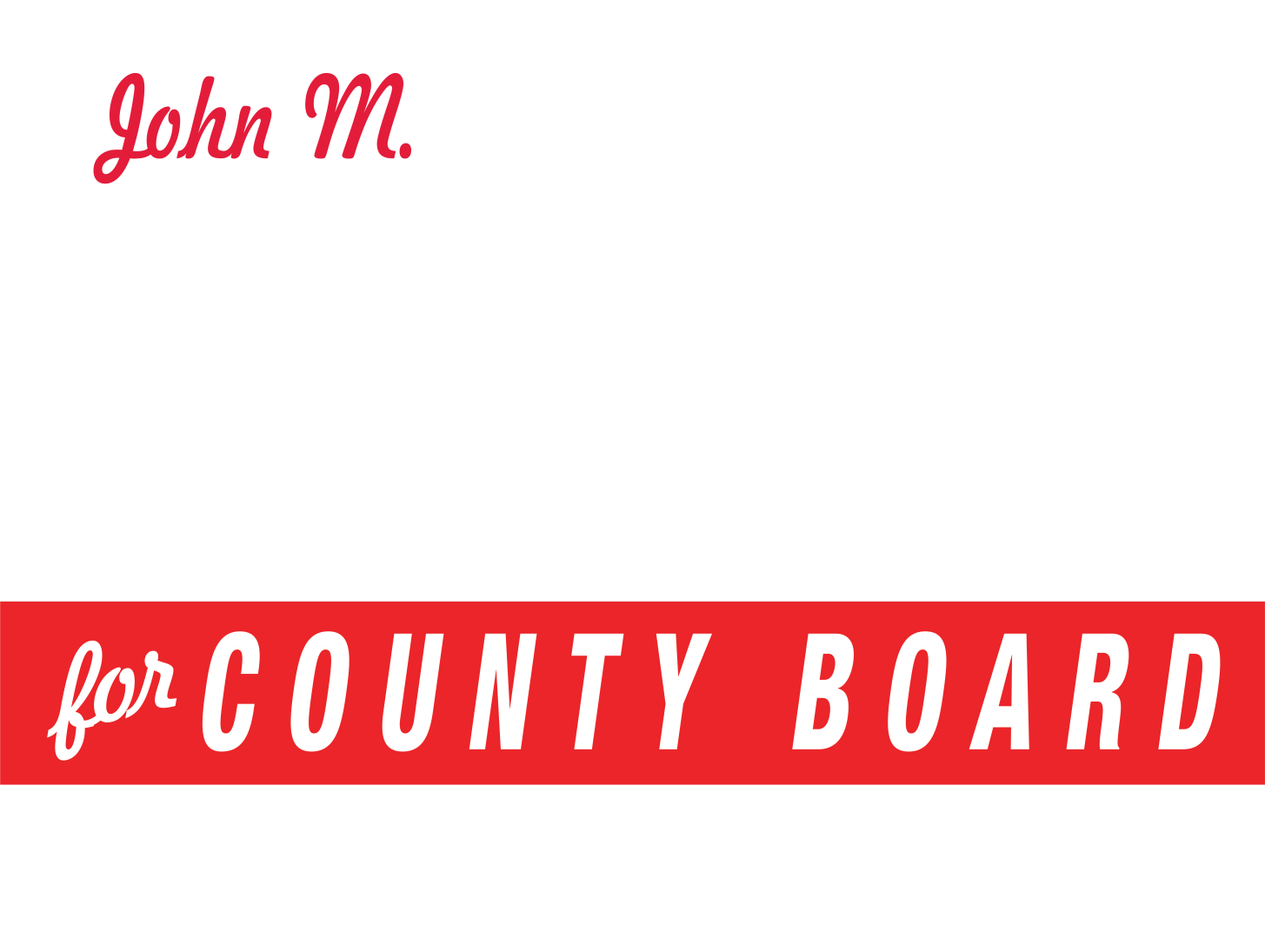A Candidate’s Dilemma
On September 19th, 1995 a young man stepped to a podium before supporters at the Ramada Inn in Hyde Park to announce his candidacy for the Illinois State Senate. He had secured the endorsement of the incumbent, State Senator Alice Palmer, who was running for Congress in a special election. He did not know he would have to consider filing petition objections against his biggest fan, because after losing her congressional election, she chose to file for her Senate seat and rescinded her endorsement.
The 34 year old young man had a choice. He could move forward with the election. Or he could examine his new opponent’s nominating papers. Palmer had only circulated petitions for ten days. It was possible that she had not filed enough valid signatures to qualify.
Getting On the Ballot in Illinois
As many of you may know, there is a specific process for the candidates we vote for to get their names on the ballot. They have to circulate petitions and get a specific number of signatures from qualified voters in the district, county, or state where they’re running. The people who circulate those petitions have to notarize them for the candidate. The candidate has to take the notarized petitions, number the pages, and file them with the appropriate election authority.
The candidate has to file a Statement of Candidacy – which just tells the election authority which office they’re running for and that they’re qualified to run for that office. The Statement of Candidacy has to be notarized. There are other documents that some candidates also have to file, but everyone on our ballot on Election Day has to file petition sheets and a Statement of Candidacy.
Running for office sounds complicated. It’s easy to speculate that we might have better candidates if the process were simpler. The truth is, most of the candidates who appear on our ballots are asking to be responsible for spending millions of our tax dollars. In that light, it’s reasonable to expect them to pay attention to the process and to get it right.
What happens if they get it wrong? Nothing. Election authorities aren’t responsible for making sure a candidate’s nominating papers are correct. That job is up to us, and it’s done by filing an objection to the candidate’s papers.
Why I Filed Petition Objections
Last month, I filed two petition objections to candidate’s nominating papers for Rock Valley College Board of Trustees. Each set of paper’s raised some questions that I believed needed to be clarified by a local Electoral Board.
The first question was, does a candidate have to be registered to vote at the address they list on their nominating papers? Of course the answer isn’t easy. It’s yes and no. A candidate has to be registered at the address on their Statement of Candidacy before it’s notarized because the candidate is swearing that they are a “qualified voter” at the address on the sheet.
On the other hand, a candidate does not have to be registered at the address on the petition sheets when they’re being signed. So, in Illinois, if you want to run for public office, you only have to update your voter registration before you have your Statement of Candidacy notarized. In the case of the candidate whose papers I objected to, their registration was updated the day before their papers were notarized. I did not learn this until the day of the first hearing, and I filed a motion to dismiss my objection.
In the second case, it was unclear from the candidate’s petition sheets which term of office he was seeking. The only instance I could find where the burden is on a candidate to make sure petition signers are clear what office the candidate is seeking is when there are two different terms of office on the same ballot for the same government body. What does that mean? It means if there is a 2 year term or a full term for RVC Board on the ballot, the petition signers need to know which one the candidate is running for.
At least that’s how I interpreted it based on case law. What we need to know is whether a candidate’s form has to spell it out for the petition signer, or if it is enough for the form to say it “indirectly.” Does it have to be absolutely clear on the form or is it enough for the candidate to verbally inform petition signers when they sign?
Rock Valley’s Electoral Board will meet to decide the case Monday January 11th to answer these questions. This will help candidate’s know what the standard is, not only if they want to run for Rock Valley Board Trustee. There are a few offices, like Forest Preserve Board, that have multiple spots on the ballot for different terms and having a local ruling will help people know what the rules are. I’ve been very clear, I want us to have good candidates. Part of being good means understanding and abiding by the rules.
What did the Young Man Do?
Wait, what did the 34 year old candidate do with Palmer’s petitions? He filed an objection, and she was removed from the ballot. The young man ended up running unopposed three times for Illinois State Senate before becoming a United States Senator and eventually, President of the United States. That man was Barack Obama.






